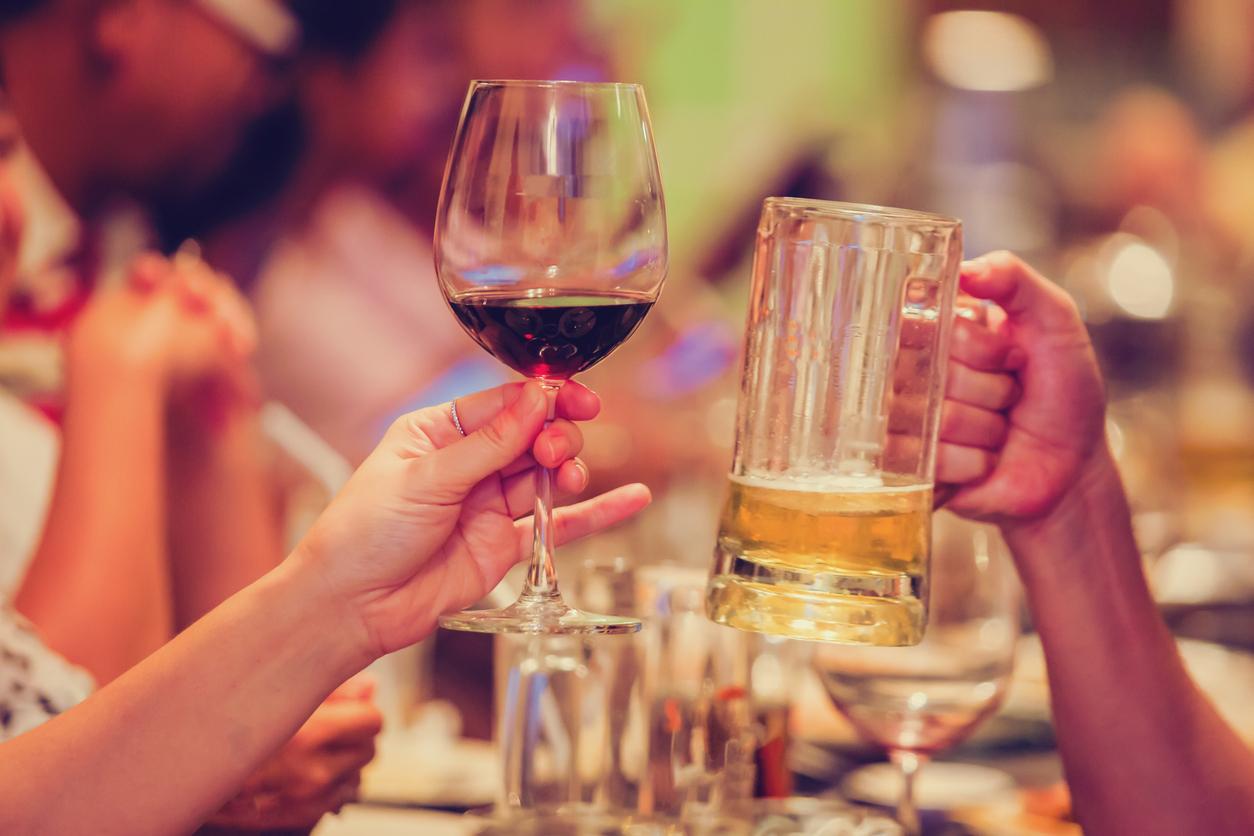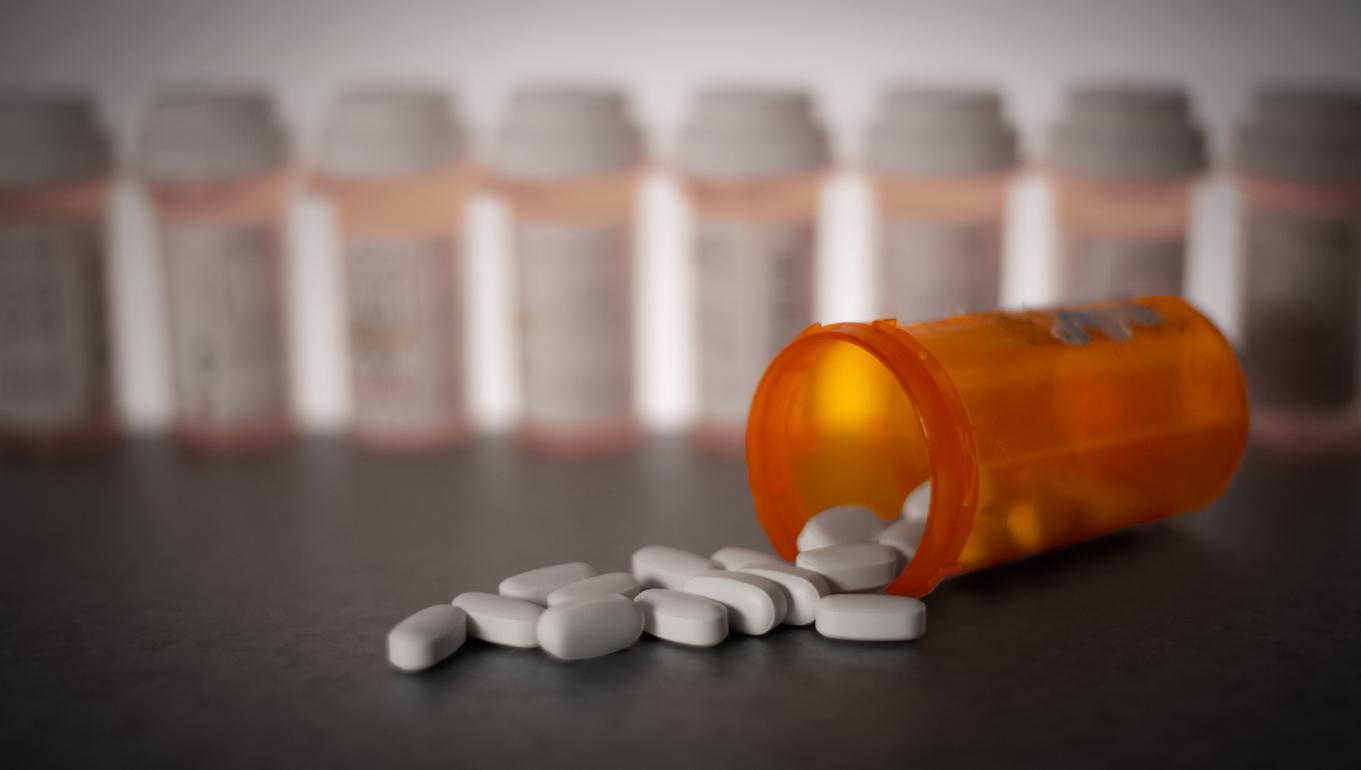
Alcohol addiction, game addiction, sex addiction
We are all familiar with addiction. This can be an addiction to stimulants – such as drugs or alcohol – but also to shopping, WhatsApp, sex or computer games. As long as you know where your limits are and you are in control of your own behaviour, that is not a problem. When are you too dependent on these things? And which addictions do we actually know?
Addiction is an incurable disease, which, moreover, is progressive, creating an ever greater and more compelling need for the substance or behavior. The result is an increasingly miserable existence.
alcohol addiction
Alcohol addiction is an insidious disease. In practice, the step from a cozy drink to daily drinking turns out to be small. AlcoholAddiction is also called alcoholism. Alcoholism is a progressive condition. You start with an occasional drink for fun, over time the frequency of those drinking moments increases. Ultimately, you can no longer do without.
If you drink more than two to three alcohol consumptions per day or if you drink a larger amount once a week, then you have an addiction. Many alcoholics also think that their drinking behavior is under control, even if practice shows otherwise. Anxiety, depressed moods, burnout symptoms and confusion are symptoms often associated with alcohol dependence.
drug addiction
There is a drug problem when the substances are no longer used recreationally and the drug use dominates your social life and starts to influence the relationship with relatives, sports performance or hobbies. It often takes a long time for a person to realize that recreational drug use has turned into obsessive use. Often a drug problem is denied for a long time. The addict thinks he or she can stop at any moment.
The consequences
Drugs – especially cocaine – can cause serious heart and brain problems, such as: cardiac arrhythmias, cardiac arrest, myocardial infarction, heart failure, stroke or a cerebral infarction. Weed can also cause permanent brain damage.
Eating Disorders
An eating disorder generally stems from low self-esteem. A person feels insecure, unattractive, useless, or aimless. Often negative feelings such as fear, anger, sadness, loneliness or tension to emotional binge eating. After such a mood, guilt, shame and self-punishment follow, for example through strict lines. An Eating Disorder is very difficult compared to other forms of addiction. We cannot live without food, which makes the treatment of an eating disorder difficult.
gambling addiction
Lotteries, card games, slots, bingo, roulette, internet gambling: there are plenty of opportunities to gamble. More than 70,000 Dutch people suffer from a gambling addiction. A gambling addiction also has withdrawal symptoms, such as: sleep disturbances, panic reactions, irritability, upset stomach, headache and depression. The consequences also include money problems, neglect of work or study and problems with family and friends.
Symptoms of Gambling Addiction
• Constantly engaged in gambling, whether in mind or not.
• Betting increasingly higher amounts to get into a daze.
• Attempts to cut down or quit fail.
• Getting restless or irritable when trying to cut down or stop.
• Gambling again to run away from problems or to avoid anxiety, depression and guilt.
• Wanting to win back lost money.
• Lying about gambling to family and friends.
• Committing theft, cheating and fraud in order to pay for gambling.
• Gambling comes at the expense of friendships, work or school.
• Needing others to solve financial problems.
game addiction
The number of people with a gaming addiction is increasing every year; both the number of people playing games and the total number of hours spent on them are rising sharply.
Fatigue, headache, irritated eyes; these are just a few things that can bother an avid gamer. Getting irritable easily, forgetting or neglecting things, feeling depressed are other symptoms of addiction. In addition, there is often social isolation.
drug addiction
Almost half a million people in the Netherlands take sleeping pills or tranquilizers every day. People with drug addiction take the pills to sustain life, including the problems. Despite the fact that it is strongly recommended, for example, not to use sleeping pills for longer than two to six weeks in a row. This quickly leads to a drug addiction. The body needs more and more to achieve the same effect.
shopping addiction
About 2 percent of the Dutch are shopping addict. This addiction is also known as oniomania. If you are a shopping addict, you spend more time and money making purchases than you originally intended. You are constantly buying products even if you do not need them or have no money for them. With a shopping addiction, a certain tension builds, the impulse to buy something can’t be resisted and you get a kick when you actually buy something. A feeling of guilt often arises after the purchase.
Symptoms of shopping addiction
• You can’t resist the urge to buy
• Tension builds before you shop
• A feeling of relief after the purchase.
• You buy more and more expensive stuff
• You hide purchases from others
• You lie about new purchases

















